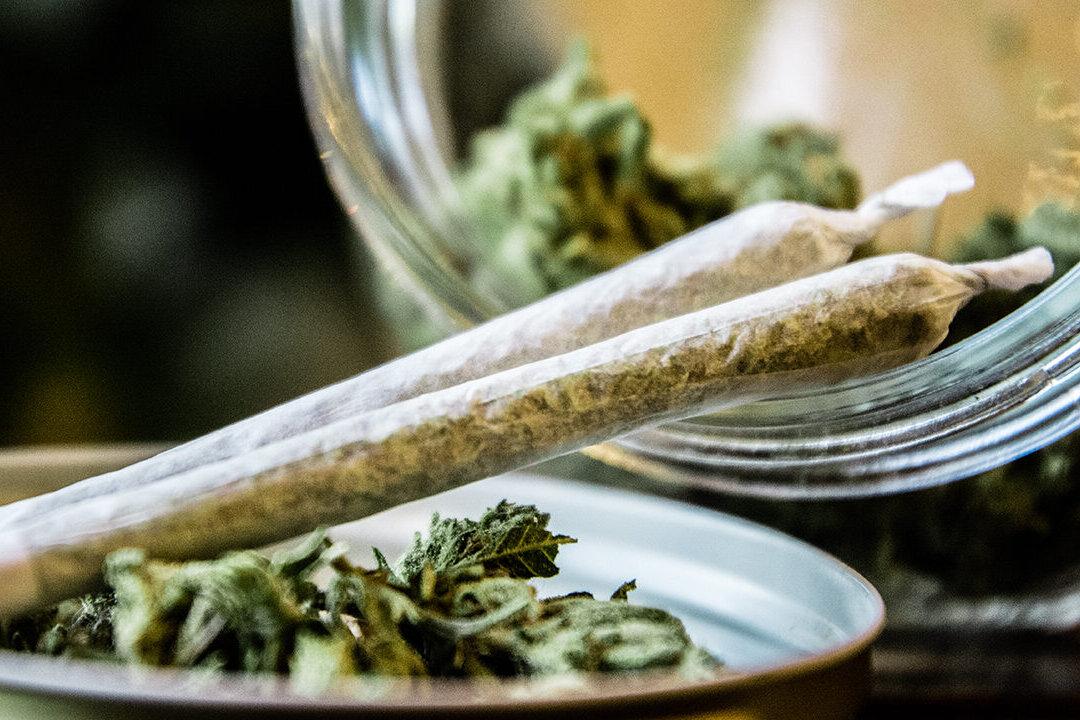Driving while high on marijuana has become more “common” among Canadians since the substance became legal in 2018, according to recent in-house federal research.
“There was widespread agreement that cannabis-impaired driving is common among those in their social networks,” said the report prepared for Health Canada, which was first covered by Blacklock’s Reporter.





